Home>Interior Design>Is Making A Bed Hygienic? The Icky Reason I Keep Mine Unmade
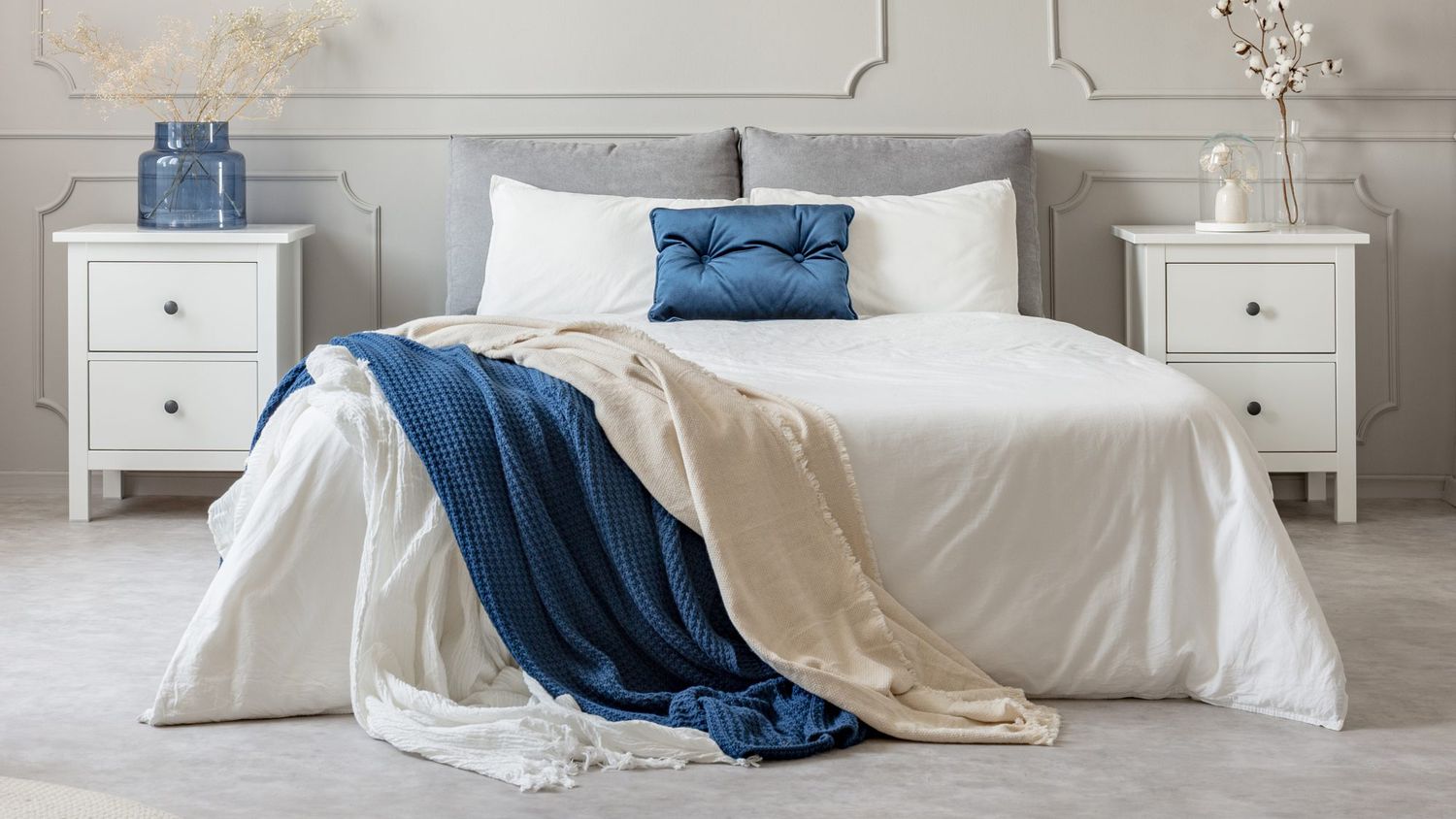

Interior Design
Is Making A Bed Hygienic? The Icky Reason I Keep Mine Unmade
Modified: October 30, 2024
Discover the hygienic truth behind making your bed and why keeping it unmade is the interior design secret you need to know.
(Many of the links in this article redirect to a specific reviewed product. Your purchase of these products through affiliate links helps to generate commission for Storables.com, at no extra cost. Learn more)
Introduction
When it comes to interior design, one element that often gets overlooked is the humble act of making the bed. We’ve all heard the saying, “Make your bed first thing in the morning for a productive day ahead.” But what if I told you that leaving your bed unmade might actually be more hygienic?
Contrary to popular belief, the cleanliness of a bed is not solely determined by its appearance. In fact, there are several factors that contribute to the overall hygiene of a bed, and making it may not necessarily improve them. So, let’s debunk the myth and delve into the real reasons why I choose to keep my bed unmade.
Key Takeaways:
- Embracing an unmade bed can promote a hygienic sleeping environment by reducing moisture, allergens, and bacteria, while also contributing to a more relaxed and inviting atmosphere in your bedroom.
- Contrary to popular belief, leaving your bed unmade can lead to better air circulation, moisture control, and psychological well-being, ultimately creating a healthier and more comfortable sleeping space.
Read more: 8 Reasons To Make Your Bed Every Day
The Hygiene Myth
Many people believe that making the bed every morning is essential for maintaining a clean and hygienic sleeping environment. However, this notion is largely a myth perpetuated by societal norms rather than scientific evidence.
While an unmade bed may appear disorganized, it does not automatically mean it is unclean. The act of making the bed can actually trap moisture and create a warm environment where bacteria and dust mites thrive. These microscopic organisms feed on dead skin cells and can trigger allergies or respiratory issues in sensitive individuals.
Moreover, the myth of making the bed for hygiene purposes is often associated with the perception that an unmade bed is unkept or dirty. However, cleanliness goes beyond the surface level. It involves proper laundering of bed linens, regular vacuuming, and maintaining good personal hygiene habits.
So, instead of focusing on the appearance of a perfectly made bed, let’s explore the actual factors that contribute to a hygienic sleeping environment.
Bacteria and Allergens
When it comes to hygiene, one of the main concerns is the presence of bacteria and allergens in the bed. It’s no secret that our bodies shed dead skin cells, which serve as a food source for bacteria and dust mites. These microorganisms can multiply rapidly in a warm and humid environment, such as a freshly made bed.
By leaving your bed unmade, you allow the sheets and mattress to breathe and dry out. This helps to reduce the moisture that promotes bacterial growth and creates an inhospitable environment for dust mites. Additionally, regular washing of bed linens at a high temperature can effectively kill any bacteria or allergens that may be present.
It’s also worth noting that the concept of an unmade bed does not mean neglecting cleanliness altogether. Regular vacuuming and dusting of the mattress and surrounding areas can help remove any accumulated dust, allergens, and bacteria. This, combined with proper laundering of bed linens, can significantly reduce the risk of allergic reactions and promote a healthier sleeping environment.
So, instead of obsessing over making the bed every day, focus on maintaining a clean and well-ventilated sleeping space to minimize the presence of bacteria and allergens.
Air Circulation
Air circulation is a crucial aspect of maintaining a fresh and hygienic sleeping environment. When you leave your bed unmade, you allow air to flow freely through the sheets and mattress, aiding in the evaporation of any moisture that may accumulate during the night.
A well-ventilated bed helps to prevent the build-up of humidity, which can create a breeding ground for mold and mildew. These fungi release spores into the air, which may cause respiratory issues and allergies when breathed in. Adequate air circulation helps to minimize the risk of mold and mildew growth, ensuring a healthier sleeping environment.
Moreover, airflow can also help in reducing odors that may develop in the bed. Perspiration and body oils can cling to the sheets and mattress, resulting in unpleasant smells. Allowing the bed to air out allows these odors to dissipate, keeping your bed smelling fresh and clean.
By embracing the concept of leaving your bed unmade, you promote better air circulation and create an environment that is less prone to mold, mildew, and odors.
Making a bed can help reduce the accumulation of dust, allergens, and bacteria, promoting better hygiene. Use a mattress protector and wash bedding regularly to maintain cleanliness.
Moisture Control
Moisture control is fundamental to maintaining a hygienic and comfortable bed. Throughout the night, our bodies release sweat, and some moisture can also seep into the mattress. Making the bed immediately after waking up can trap this moisture, creating a damp environment that is conducive to the growth of bacteria, mold, and mildew.
Leaving your bed unmade allows the sheets and mattress to air out and naturally dry. This helps to prevent the accumulation of moisture and reduces the risk of mold and mildew development. It also decreases the likelihood of unpleasant odors caused by the growth of bacteria due to dampness.
Furthermore, proper moisture control is essential in preventing the proliferation of dust mites. These microscopic creatures thrive in humid conditions and can trigger allergic reactions. Allowing air to circulate around the bed helps to keep the humidity levels low, making it less favorable for dust mites to survive and reproduce.
By keeping your bed unmade, you promote effective moisture control, creating a healthier and more comfortable sleeping environment.
Psychological Factors
While the hygienic benefits of keeping your bed unmade are important, there are also psychological advantages to consider. A tidy and organized living space can contribute to a sense of calm and well-being. However, this doesn’t necessarily mean that making your bed every day is the only way to achieve this.
In fact, some studies suggest that leaving your bed unmade can actually reduce stress levels. The act of making the bed can sometimes feel like an added chore in an already busy day. By removing this task from your morning routine, you may experience a greater sense of relaxation and a more positive mindset.
Additionally, coming home to a bedroom with an unmade bed can create a cozy and inviting atmosphere. It gives a sense of lived-in comfort and can make you feel more at ease in your own space. It’s a small act of embracing imperfection and allowing yourself to prioritize your well-being over strict adherence to societal norms.
Ultimately, the psychological benefits of keeping your bed unmade may contribute to a more relaxed and content mindset, leading to improved overall well-being.
Conclusion
While the act of making the bed every morning is deeply ingrained in our society, it’s important to challenge the notion that a made bed equates to a clean and hygienic sleeping environment. In fact, leaving your bed unmade can have its own advantages when it comes to hygiene, air circulation, moisture control, and even psychological well-being.
Contrary to popular belief, an unmade bed does not automatically mean it is unclean. Regular washing of bed linens, proper vacuuming, and dusting can effectively reduce the presence of bacteria, allergens, and dust mites. By allowing your bed to breathe and dry out, you create an environment that is less favorable for the growth of these microscopic organisms.
Air circulation and moisture control are important factors in maintaining a fresh and comfortable sleeping space. Leaving your bed unmade promotes better airflow, which can help reduce the risk of mold, mildew, and odor development. It also aids in preventing the accumulation of moisture, ultimately contributing to a more hygienic environment.
Lastly, the psychological benefits of keeping your bed unmade should not be overlooked. Removing the chore of making the bed can alleviate stress and create a sense of relaxation and comfort. Embracing imperfection and prioritizing your well-being over societal expectations can lead to a more positive mindset and overall sense of well-being.
So, the next time you contemplate whether to make your bed or leave it unmade, consider the true factors that contribute to a hygienic and comfortable sleeping environment. And remember, sometimes, the best choice for your well-being might just be to let your bed remain beautifully unmade.
Frequently Asked Questions about Is Making A Bed Hygienic? The Icky Reason I Keep Mine Unmade
Was this page helpful?
At Storables.com, we guarantee accurate and reliable information. Our content, validated by Expert Board Contributors, is crafted following stringent Editorial Policies. We're committed to providing you with well-researched, expert-backed insights for all your informational needs.
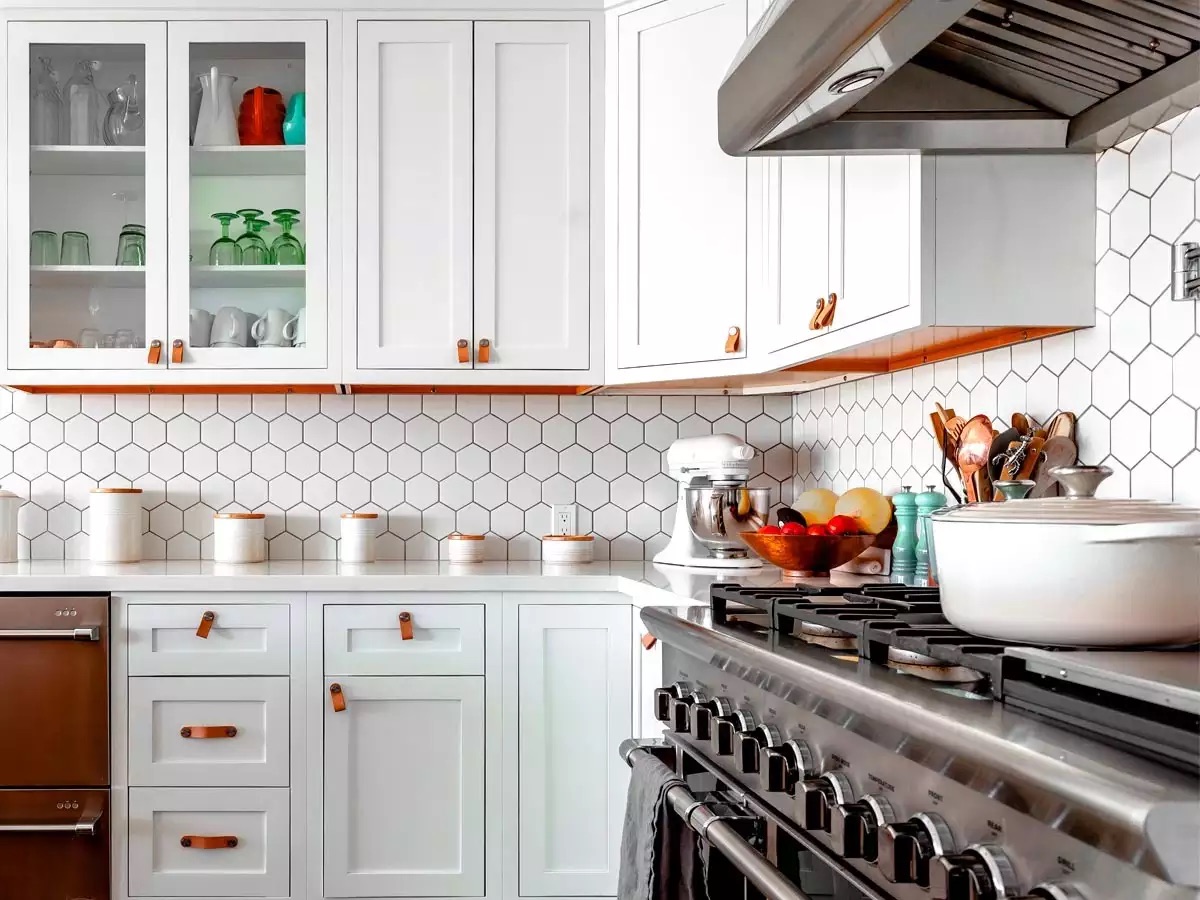
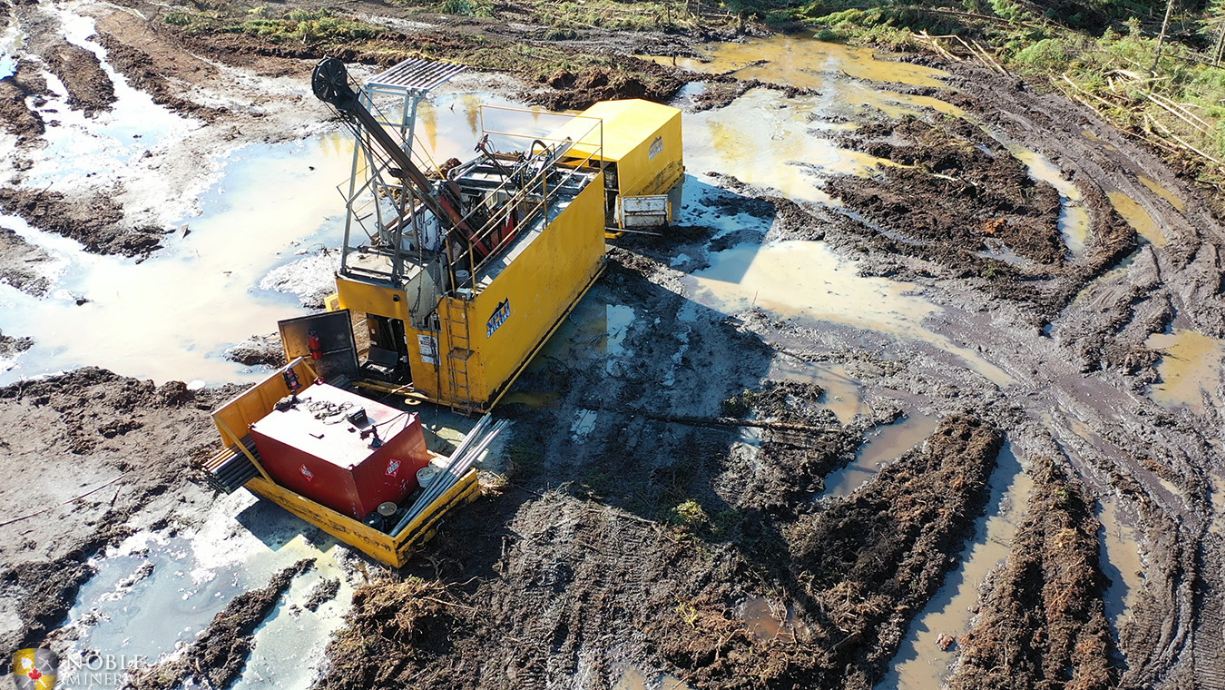

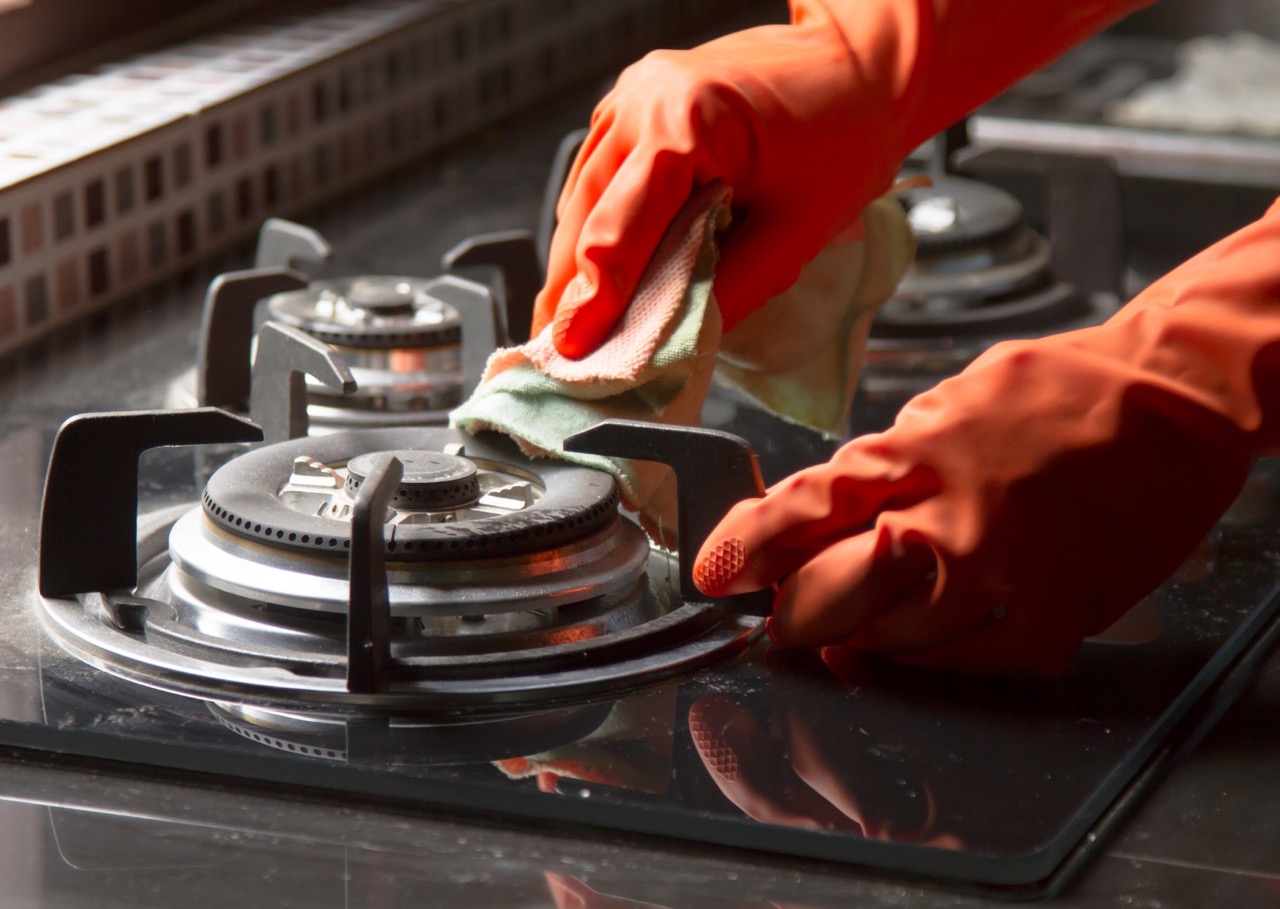
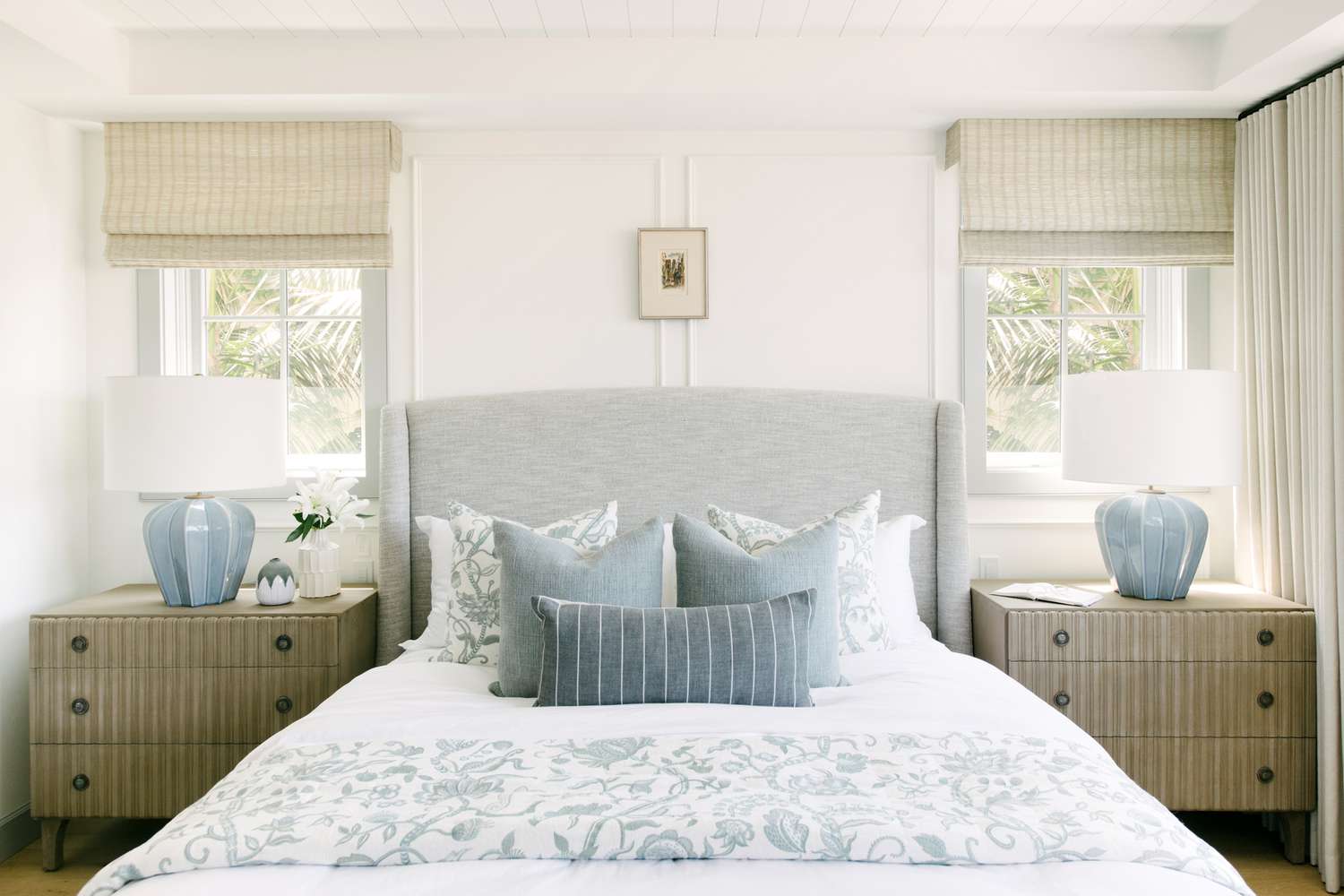
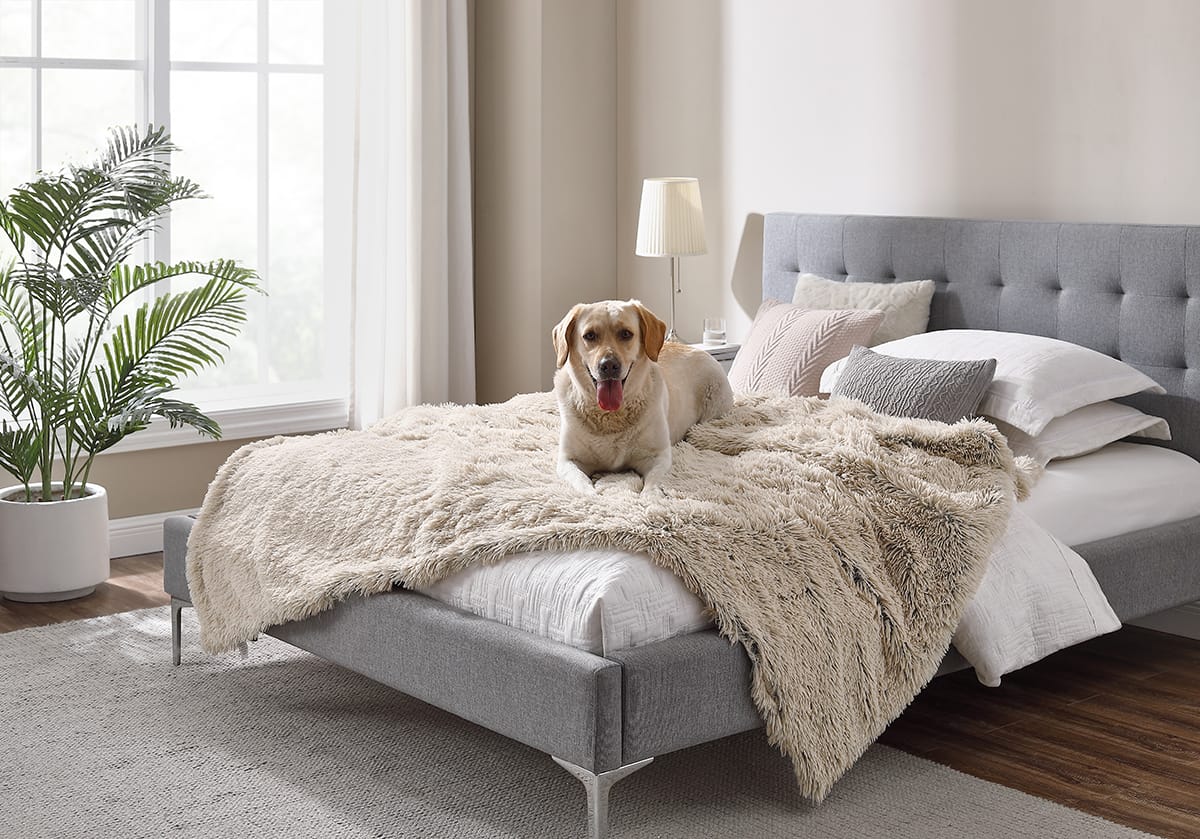
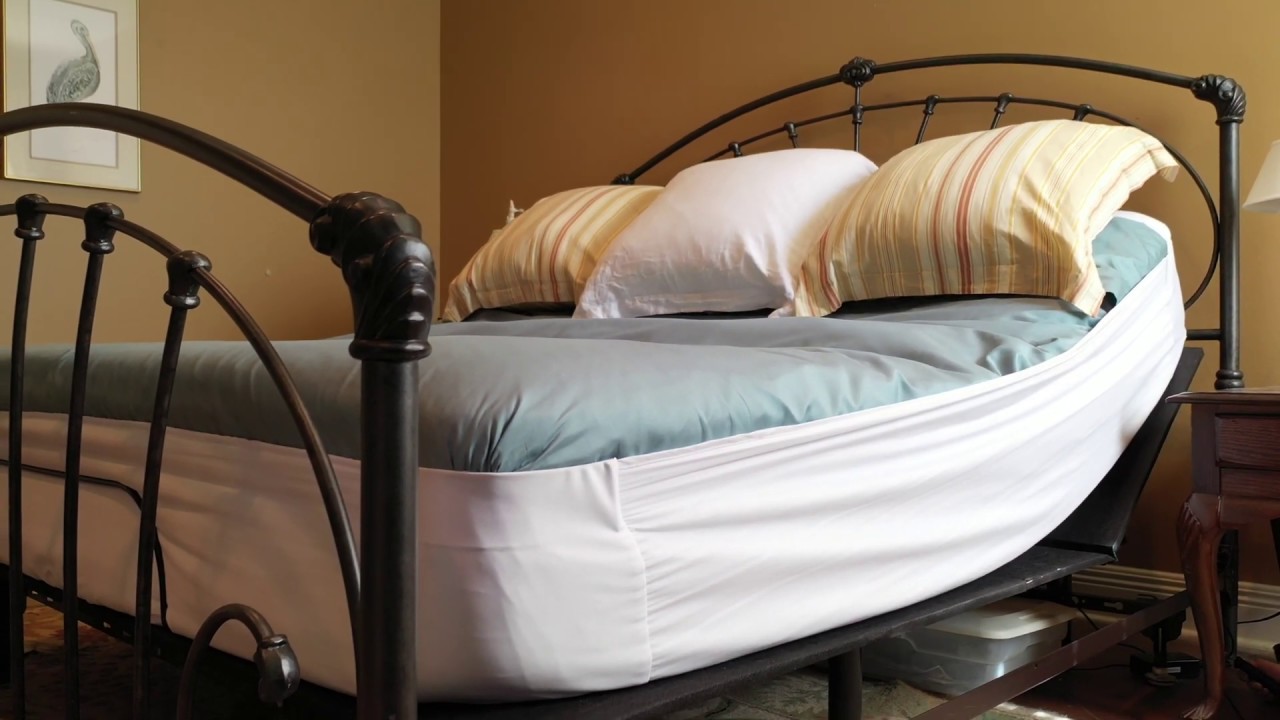
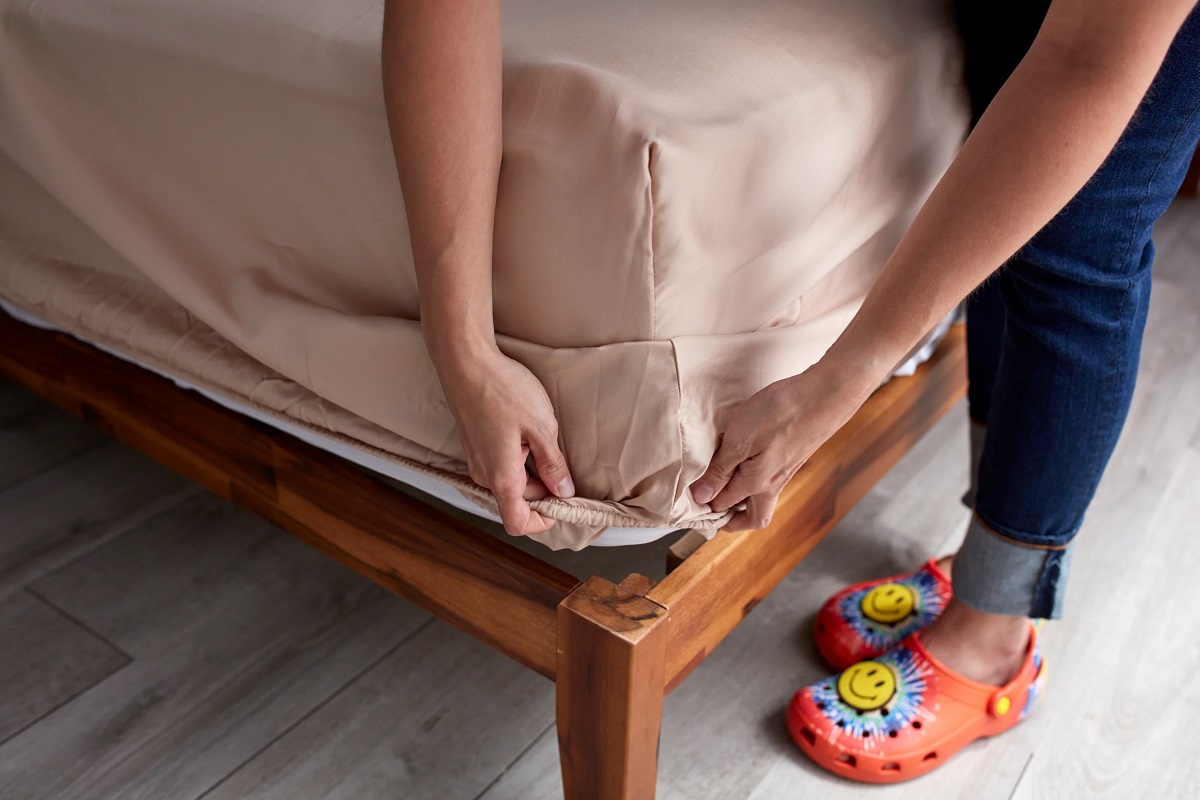
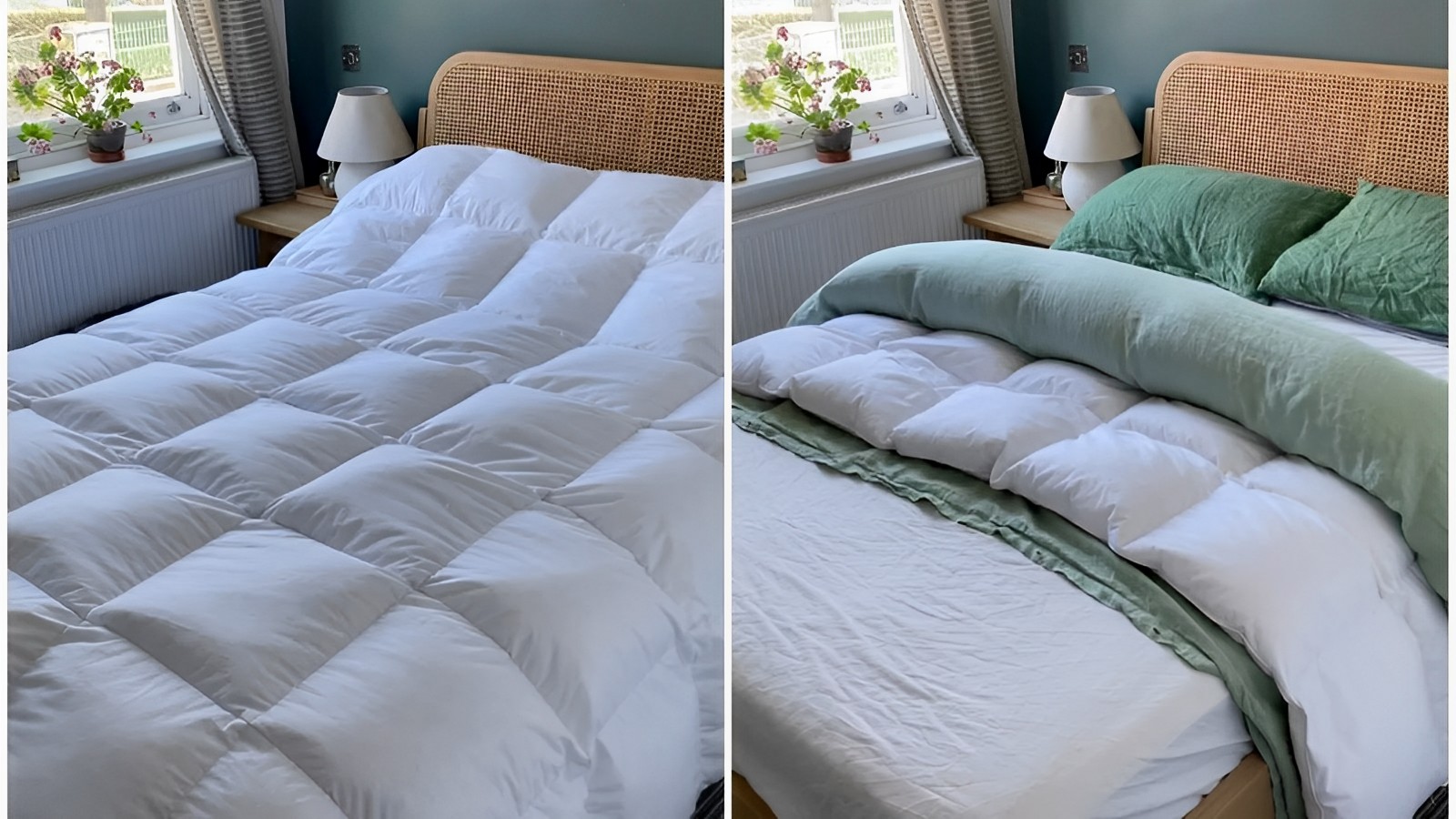
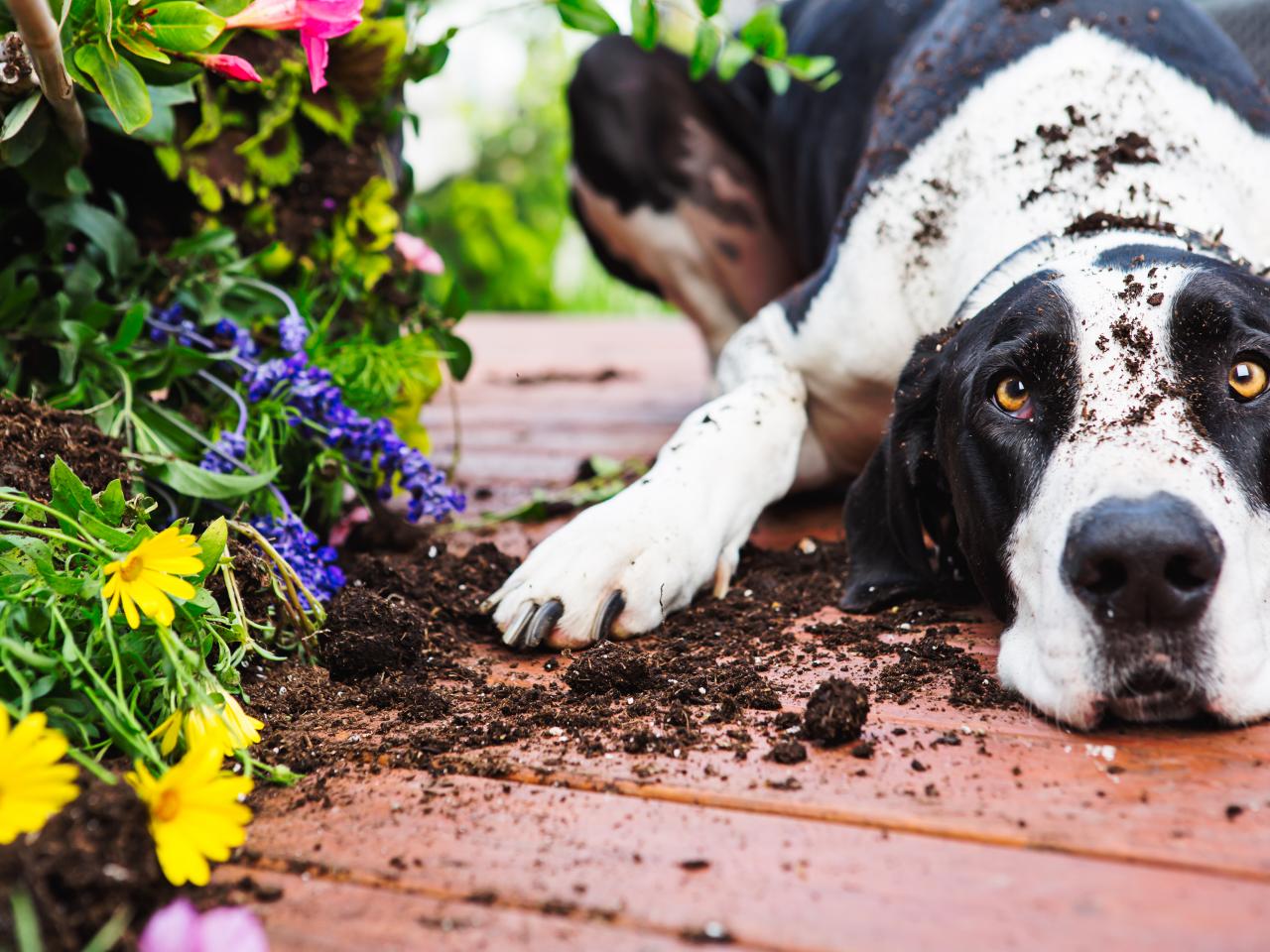
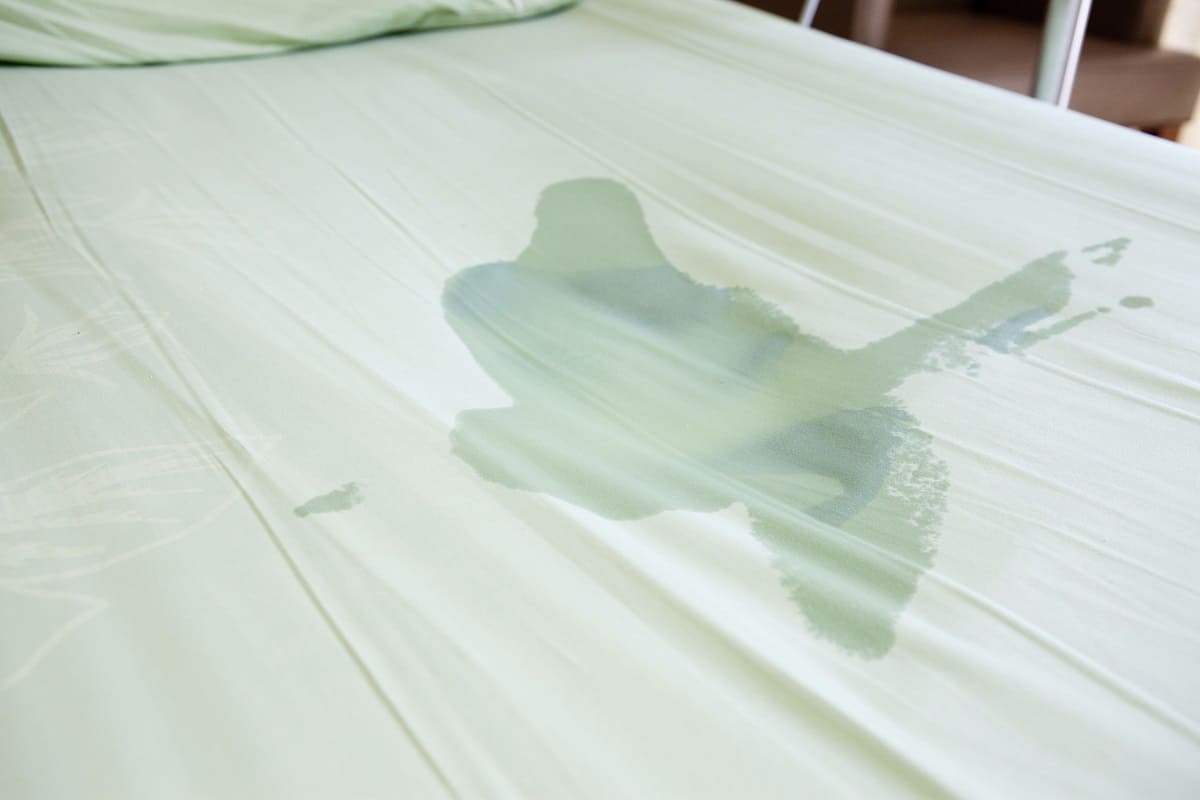
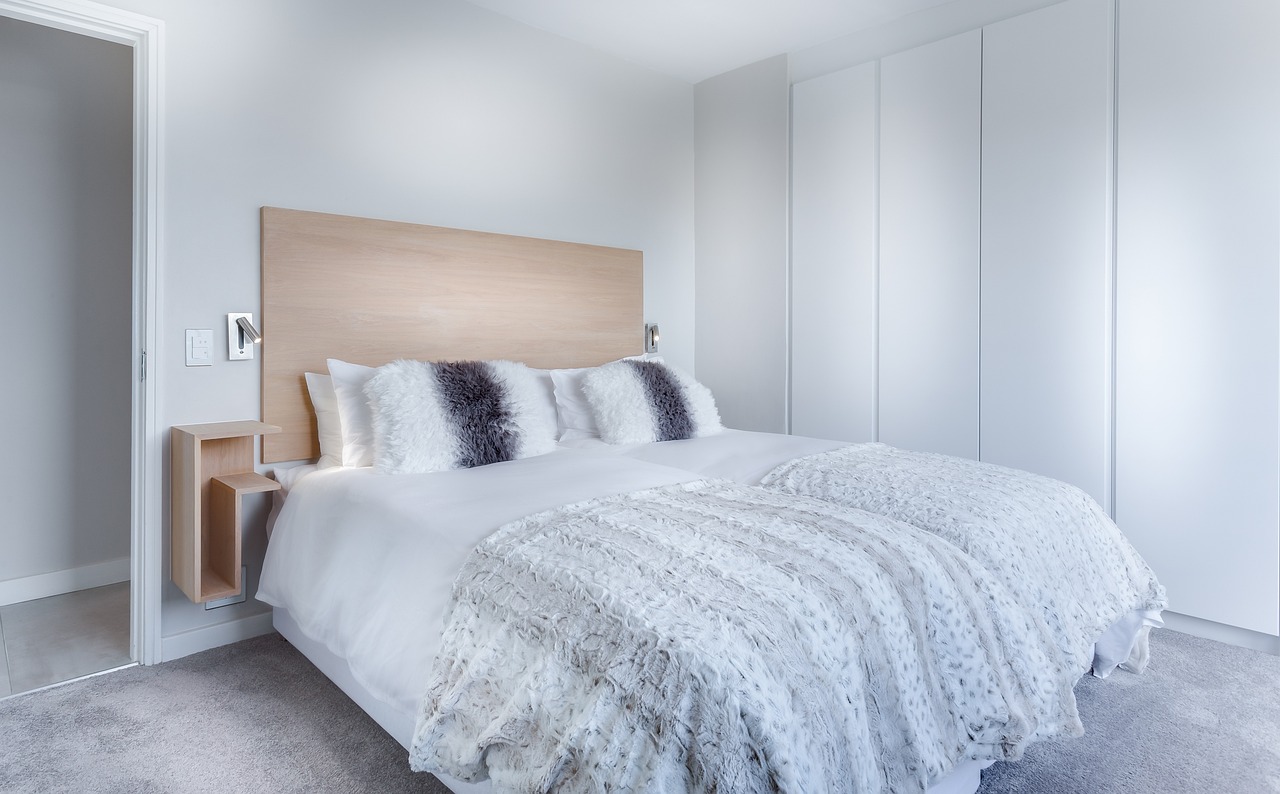
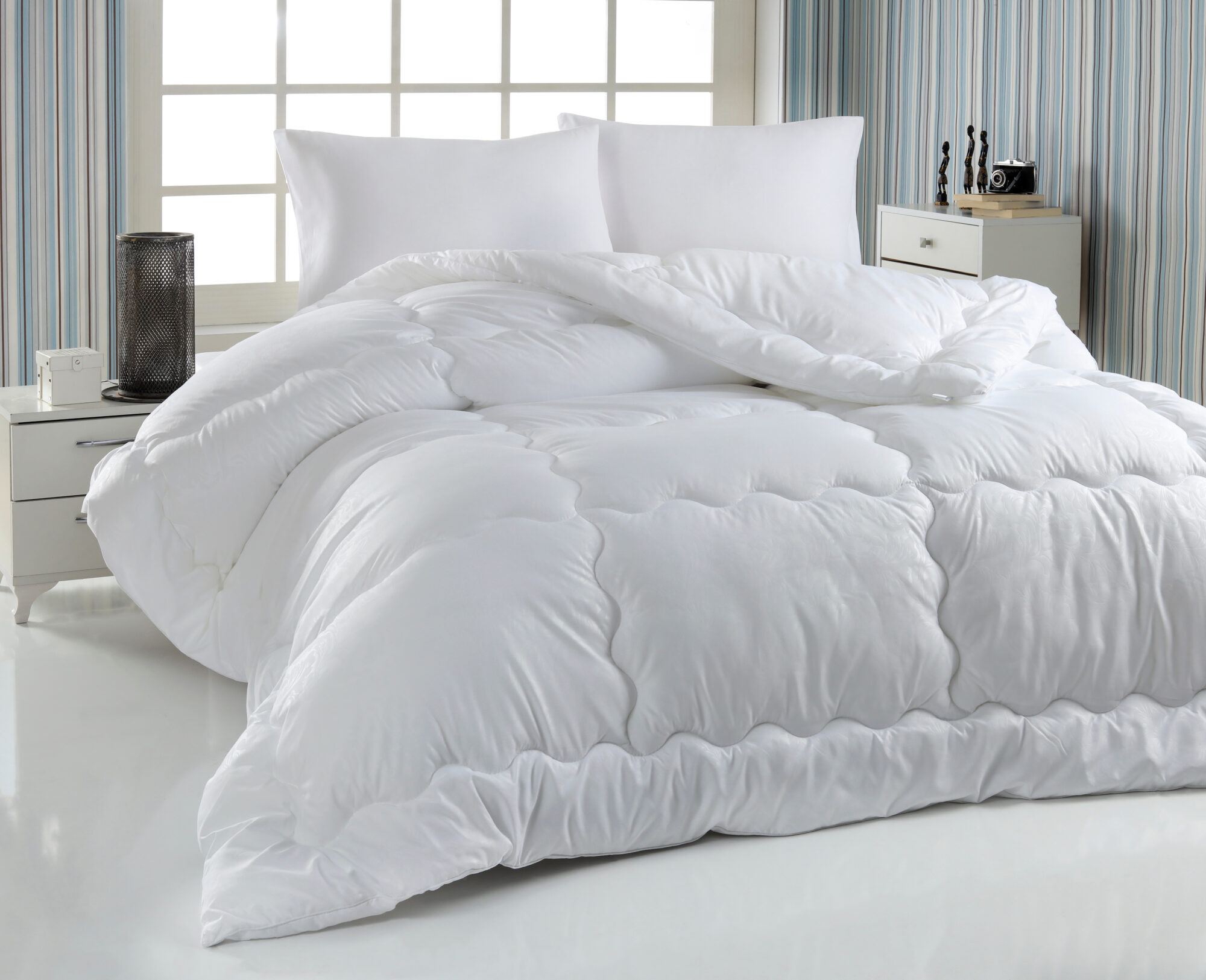
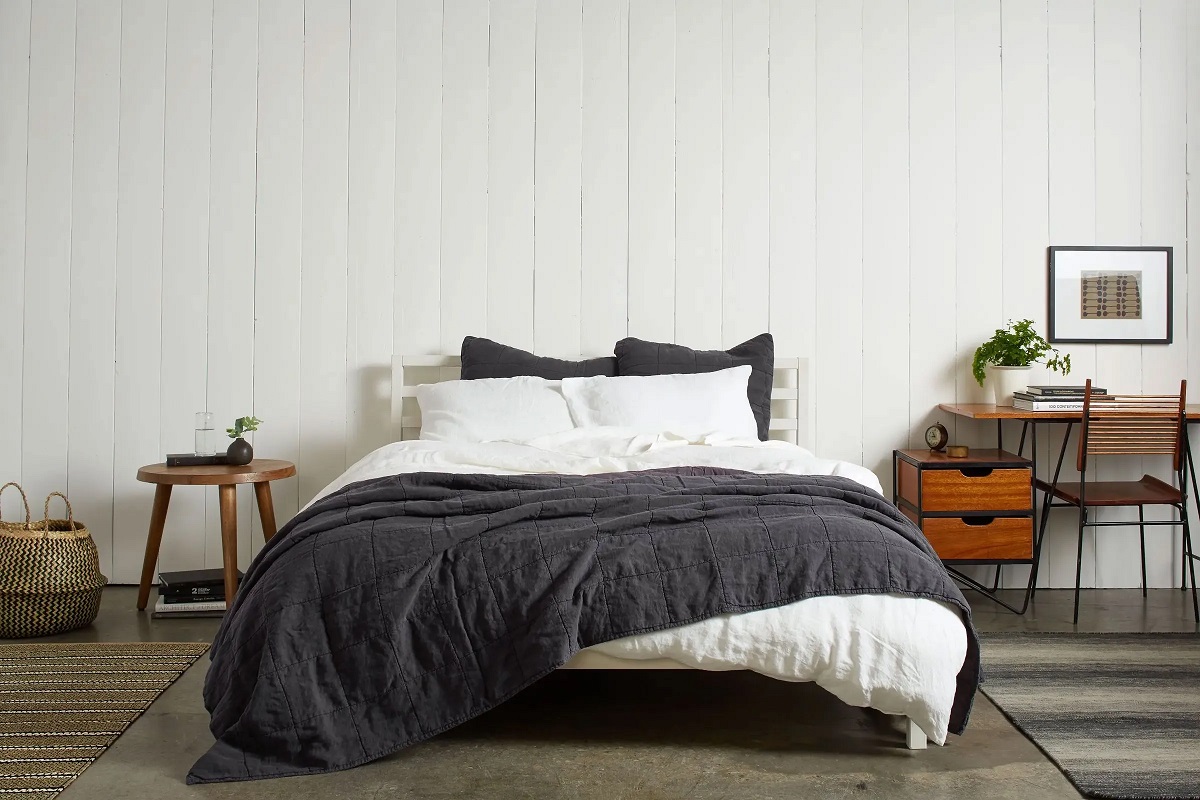

0 thoughts on “Is Making A Bed Hygienic? The Icky Reason I Keep Mine Unmade”